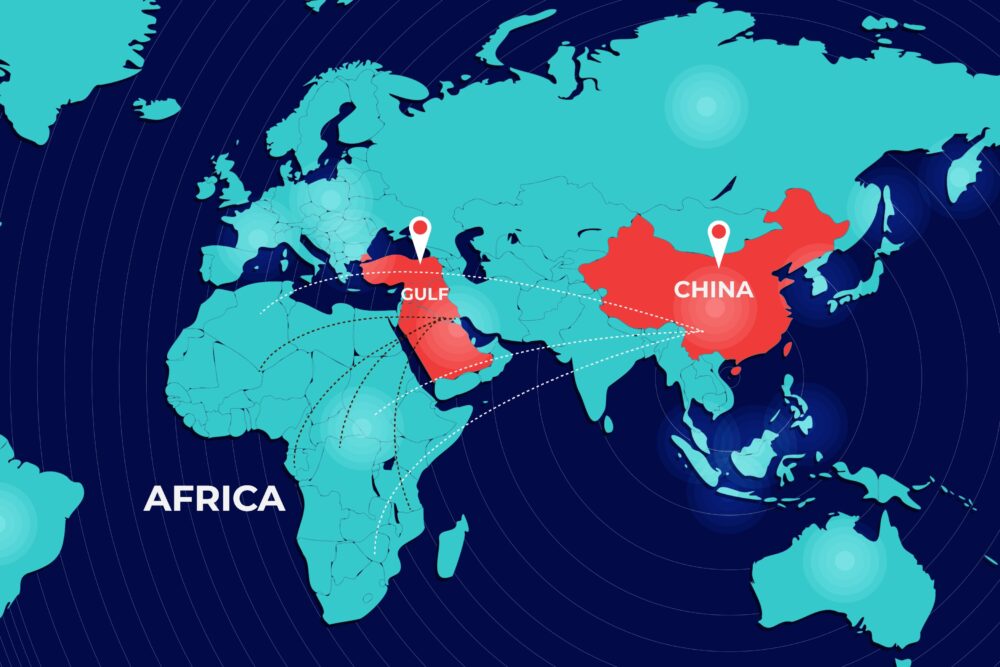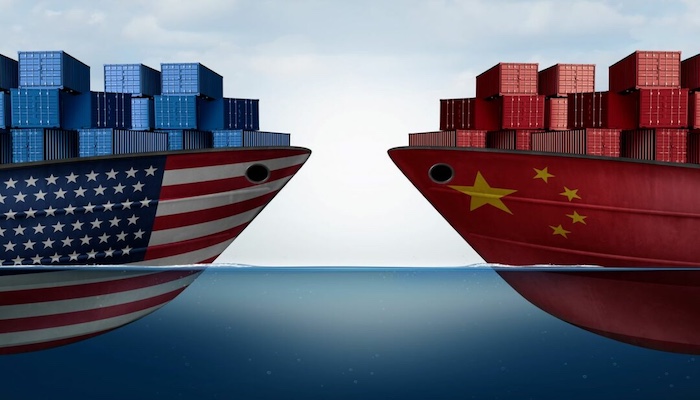
According to the research, a domestically operated refinery—whether publicly or privately managed—would only be financially viable if it procures lithium concentrate at prices well below the international market rate. Such a move could significantly reduce revenue streams from taxes, royalties, and dividends associated with Ghana’s existing lithium mining projects.
The NRGI study modelled two key scenarios: exporting raw lithium spodumene concentrate and refining it within Ghana. The results revealed a stark difference. Exporting lithium concentrate—particularly to established Chinese refineries—offers far greater returns for the state.
In a mid-range pricing forecast, local refining could slash government earnings from $2.7 billion to $2.2 billion. Over a 20-year horizon, the estimated revenue loss could exceed $300 million, driven by high capital expenditure, limited supply, and a lack of technical know-how in lithium processing.
China currently processes over 90% of the world’s lithium, leveraging massive economies of scale, low input costs, and government subsidies. The NRGI highlights that most new refinery projects outside China, including those in Australia and Europe, have either stalled or been abandoned due to similar cost-related challenges.
Source: Africabusinessinsider








